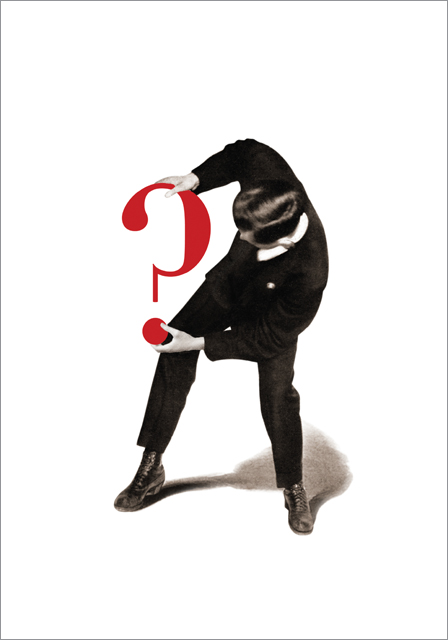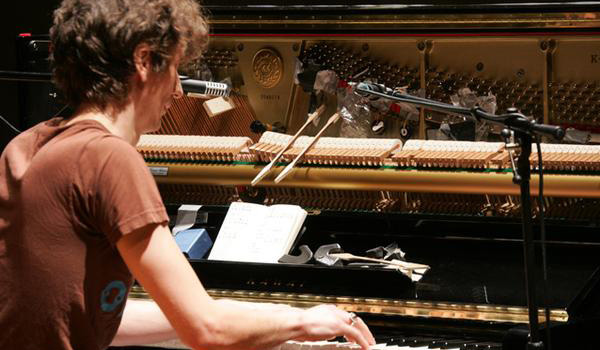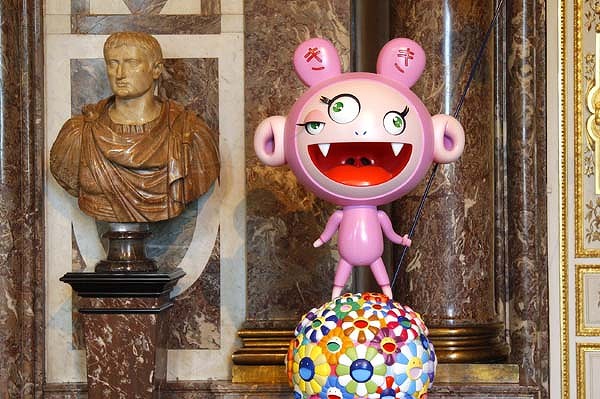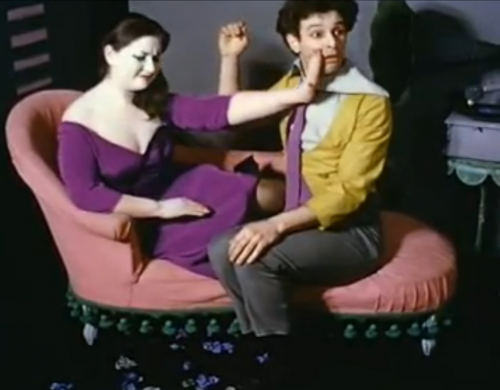Ha-ha
Before the advent of mechanical lawnmowers a commonly-used way to keep grass trimmed was to allow livestock, usually sheep, to graze; a ha-ha allowed them to trim the grass of large estates while keeping them out of view from the house.
The ha-ha is a feature in the landscape gardens laid out by Charles Bridgeman, the originator of the ha-ha, according to Horace Walpole (Walpole 1780), and by William Kent and was an essential component of the “swept” views of Capability Brown.
The contiguous ground of the park without the sunk fence was to be harmonized with the lawn within; and the garden in its turn was to be set free from its prim regularity, that it might assort with the wilder country without.
Walpole surmised that the name is derived from the response of ordinary folk on encountering them and that they were, “…then deemed so astonishing, that the common people called them Ha! Has! to express their surprise at finding a sudden and unperceived check to their walk.”
An unusually long example is the ha-ha separating the Royal Artillery Barrack Field from Woolwich Common in southeast London. This deep ha-ha was installed around 1774 to prevent sheep and cattle, grazing on Woolwich Common as a stopover on their journey to the London meat markets, from wandering onto the Royal Artillery gunnery range.
Ha-has were also used at Victorian-Era lunatic asylums such as Yarra Bend Asylum and Kew Lunatic Asylum in Australia. From the inside, the walls presented a tall face to patients, preventing them from escaping, while from outside the walls looked low so as not to suggest imprisonment.
“Why do they apply. This to that.” – Gertrude Stein
I think it’s fascinating that a statement followed by a question mark asks a question of itself? Don’t you? Would you rather be considered a concept or a theory? Under what circumstances would you walk the dog? Do you yo-yo much? What, in your opinion, is the essential difference between a word and its thing? Do you feel a word can be more interesting than the thing it represents? Less than? Does the term ‘paradox of the heap’ mean anything to you? What terms do you use when talking about music? About literature? Would it be fair to say these terms are borrowed from the critical discourse surrounding these respective forms of media? Would that not be a fair thing to say because this appropriation has been more or less subconscious? Is your culture popular? If not, do you believe in a ‘popular culture’? If so, who are its friends? Who benefits? What defines your culture? At what point does an onomatopoeia become the sound it signifies? When learning a new language, do new words signify new things, old things, or other words? What does that say about words? Is the term ‘figurative language’ not redundant? Just a little? Is this a book review?
October 19th, 2010 / 6:03 pm
Bill Evans On Writing
“It bugs me when people try to analyze jazz as an intellectual theorem. It’s not. It’s feeling.”
“Intuition has to lead knowledge, but it can’t be out there alone.” READ MORE >
“But the days arched over us and kept us typical to our era.” – Gary Lutz
LIGHT IS WAITING from Michael Robinson on Vimeo.
Anteaus‘s Neglected Books of the 20th Century is the kind of list making me feel like a lazy reader.
I Like What The Hell Is Going On Over Here
New Hauschka album available for a stream. Preparedly playing prepared piano.
Richard Nash extravaganza at WWAATD. Was gonna do this myself, now I don’t have to.
Noah Cicero doesn’t want no one talking bout no theories. He very upset.
This lady, this movie, every time I think why not. READ MORE >
Greedy Words Raping Objects Objectively
This film was posted on Bright Stupid Confetti back in the day and I saw it again yesterday on the European Cinema16 Shorts, which has films by the likes(es) of Lars Von Trier, Lynne Ramsay, Ridley Scott, READ MORE >





